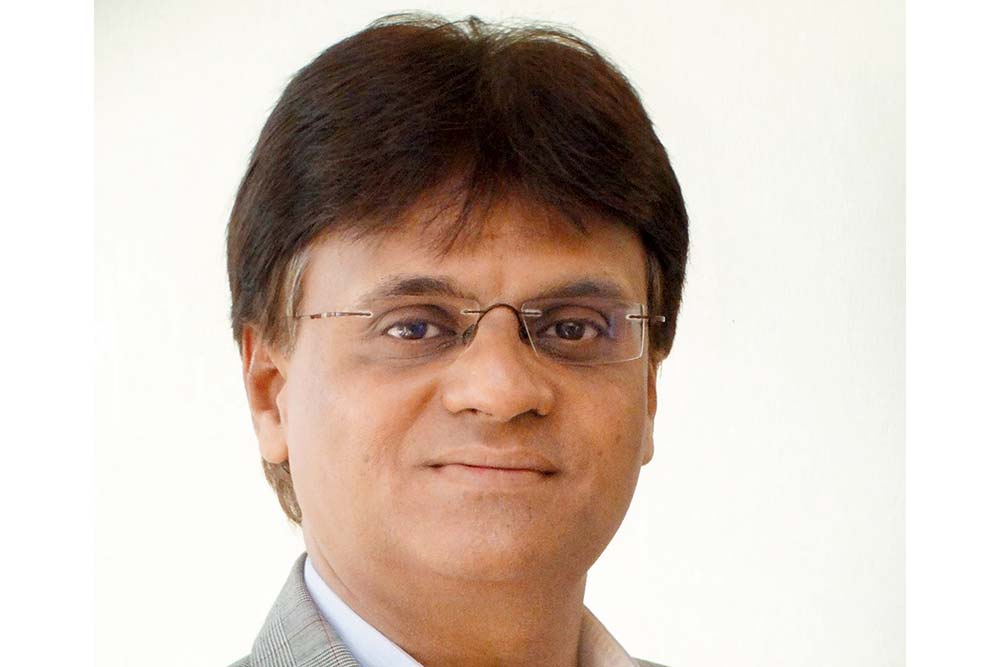Deven Choksey is the name which scripted the rise of stock brokerage business into the wealth management practice in India. The promoter of KR Choksey Group and the managing director of the KR Choksey Shares and Securities Private Limited has spent over three decades in the Indian capital market. In an interaction with Jyotika Sood, Choksey talks about the changing financial landscape of the country and the role of facilitators in this evolving financial ecosystem. Excerpts from the interview:
How important is the army of facilitators like distributors, brokers, agents and advisors for India’s financial ecosystem?
The distributors, agents and financial advisors – they all play one common role that is connecting financial product to the end investor or customer. From that perspective, their role has always been undermined. They play a very significant role in picking the financial product and taking it to the end customer. Unfortunately, they work in a hybrid mode. In a hybrid mode, they operate both conventional and digital system.
In my view, the time has come when all the financial products need to be distributed using the mechanism like exchange collection platforms so that the intermediary job is possibly more qualified towards the advisory to the end-customer. The backend part of the activity is looked after by the exchange mechanism. That is definitely the need of the hour now.
Do you think Indian investors have accepted the fact that financial advisory services need to be respected and paid for in terms of service or advisory fee?
Unfortunately there is no clear regulation on this part. There will be no customer who would not like to make the payment if he gets good advice. They will always be willing to pay for it. The important part is that the payment mechanism needs to be formalised. It is very informal now. As a result, intermediator either charges too much from the customer or falls short of revenue from the customer. I think the tariffs should be very clearly defined in the mechanism.
What should be done to reduce mis-selling of financial products?
That is what I am saying middlemen – be it distributors, brokers or agents – unfortunately they do process-driven work while they have to do advisory work. If you are selling financial products through exchange-driven platform, the mis-selling concept can be avoid. For example, in equity market, everything is happening on the platform so the concept of mis-selling is gone. In the good-old days when it was not happening through exchange platforms, there was rampant mis-selling. I think largely we need an exchange-driven mechanism to sell financial products, to avoid mis-selling.
What kind of future do you see for this middle layer in the financial inclusion ecosystem?
As I see, they won’t be doing any transactions and job would be more of advisory, because transaction will be taken over by a mechanism or system or platform and the middlemen will be providing advisory where I see a brilliant possibility for them. There will be more and more financial products in the country and the end-customer will be increasing investments and would need more of advice to choose and select products.
Do you think Sebi and regulatory agencies have been hard on this middle layer?
Unfortunately Sebi in their preview of regulating everything has been unfair to these intermediaries. Their designs do not correct the system but try to correct the individual mistakes and these intermediaries are victimised. In my view, if you want to change the system, you have to involve the intermediaries and then go for the change. Sebi has to adopt a better acceptance approach.

